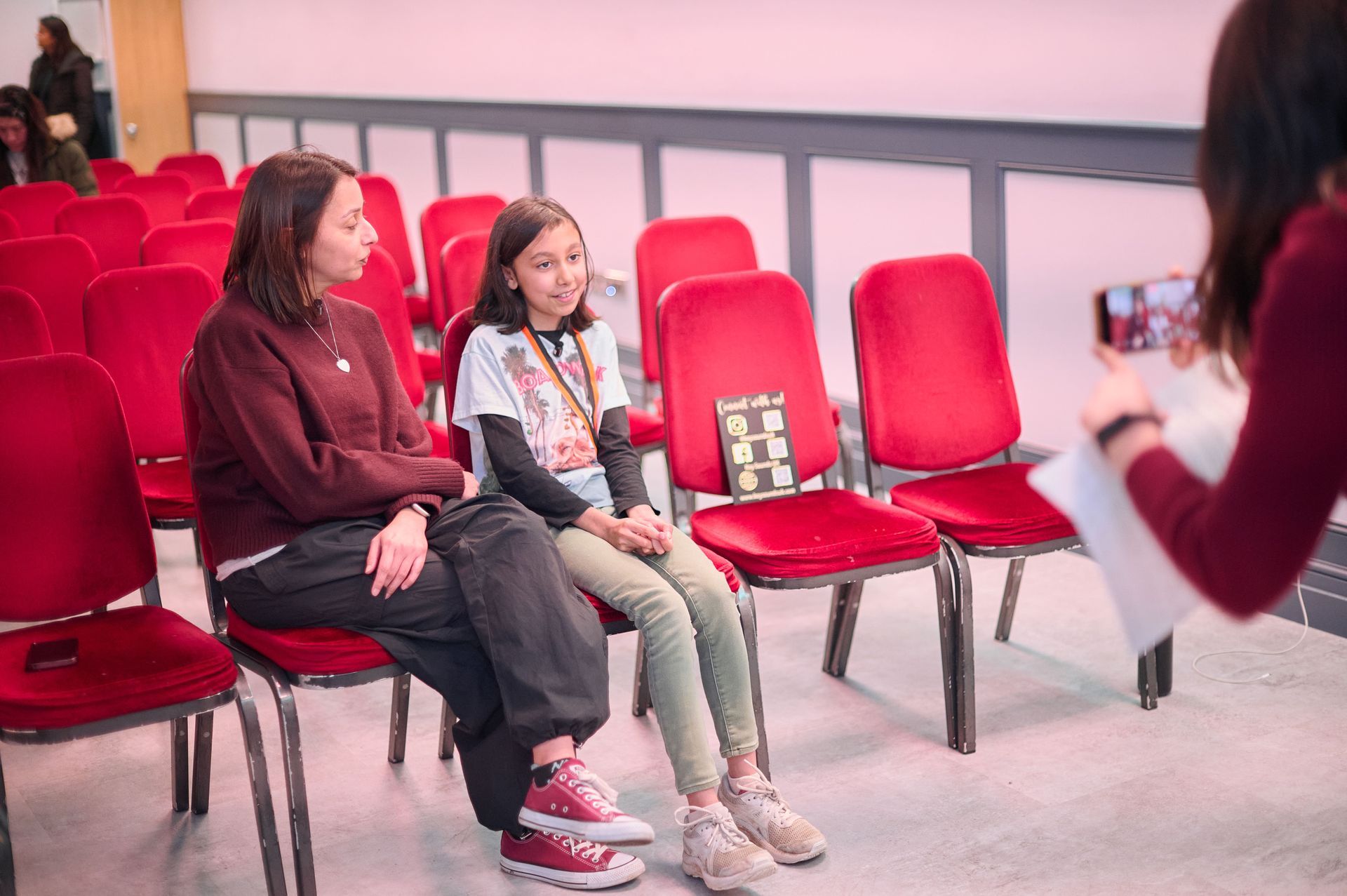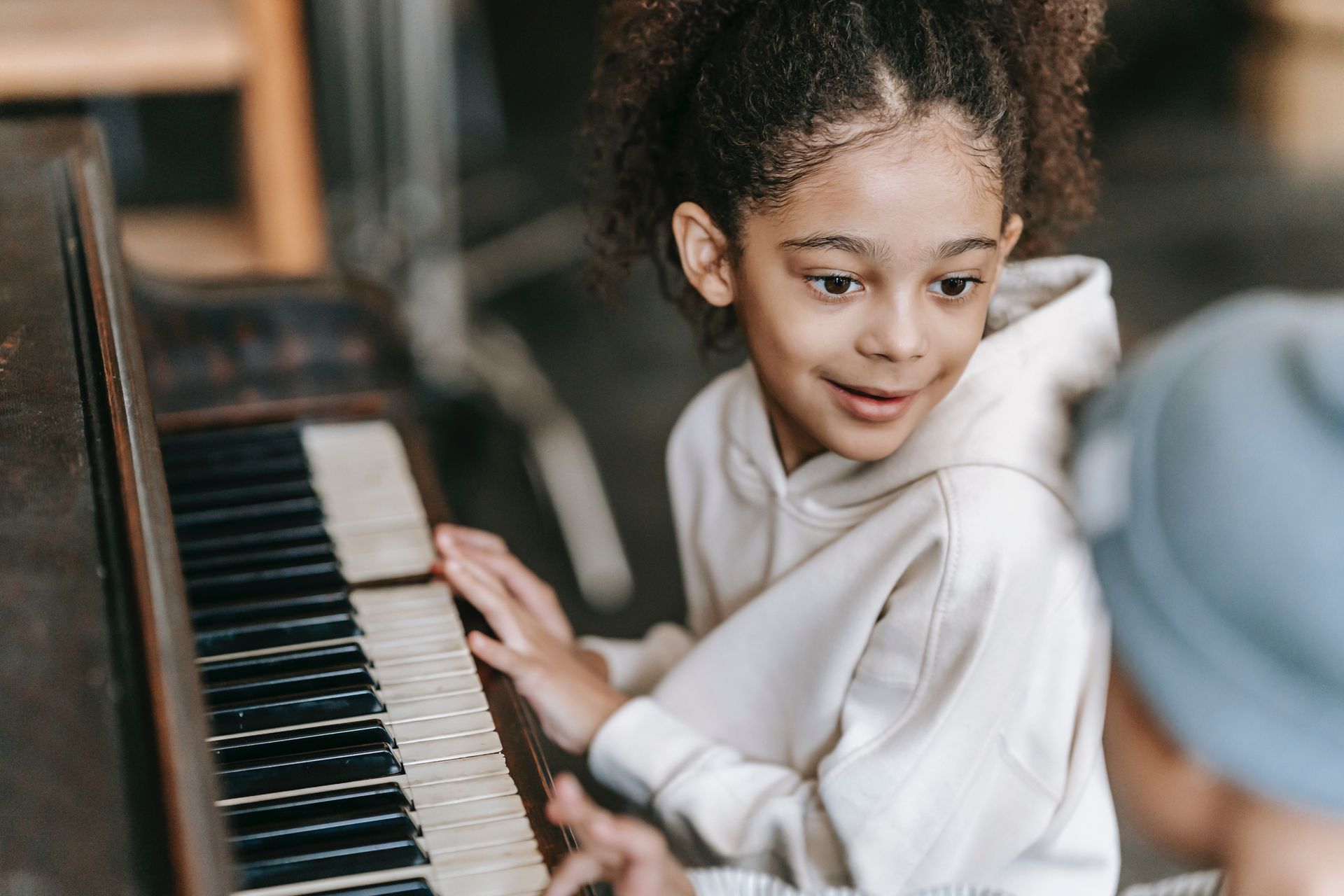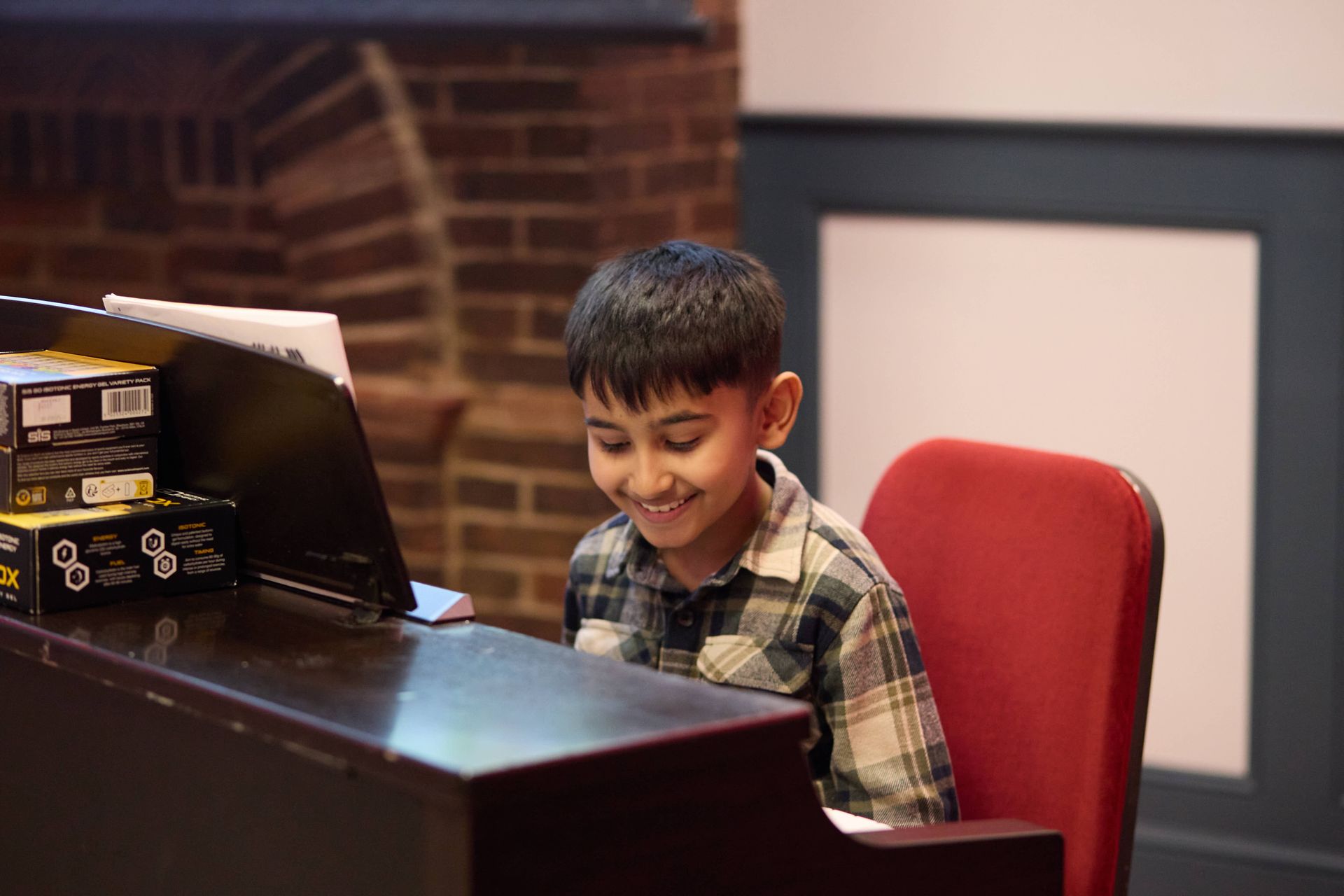How Learning to Play the Piano Develops Transferrable Skills
Learning to play the piano offers a profound avenue for enhancing a wide array of transferrable skills that extend beyond the realm of music. Firstly, it fosters discipline and patience. Mastering the piano demands consistent practice, concentration, and a patient approach to gradual improvement. The commitment to regular practice sessions instills discipline, teaching individuals the value of perseverance and dedication, which can be applied to various aspects of life, such as academics, work, or personal goals.
Moreover, piano playing stimulates cognitive abilities and enhances problem-solving skills. The intricate nature of reading sheet music, coordinating both hands independently, and deciphering complex rhythms trains the brain to think critically and solve multifaceted challenges in real-time. This mental agility nurtures a sharper focus, improved memory, and heightened multitasking abilities, aiding in tasks that require analytical thinking or creative problem-solving, transcending beyond the boundaries of music.
Furthermore, piano playing cultivates creativity and emotional expression. It allows individuals to interpret and convey emotions through music, fostering a profound understanding of artistic expression. This creativity extends to various areas of life, encouraging individuals to think outside the box, explore innovative solutions, and express themselves more effectively in different situations, whether it's in a professional setting or personal interactions. The ability to express emotions through music often translates to better communication skills, empathy, and a deeper understanding of oneself and others.
If you wish to know more about these hacks and resources, feel free to take a look around our website or connect with us directly!



